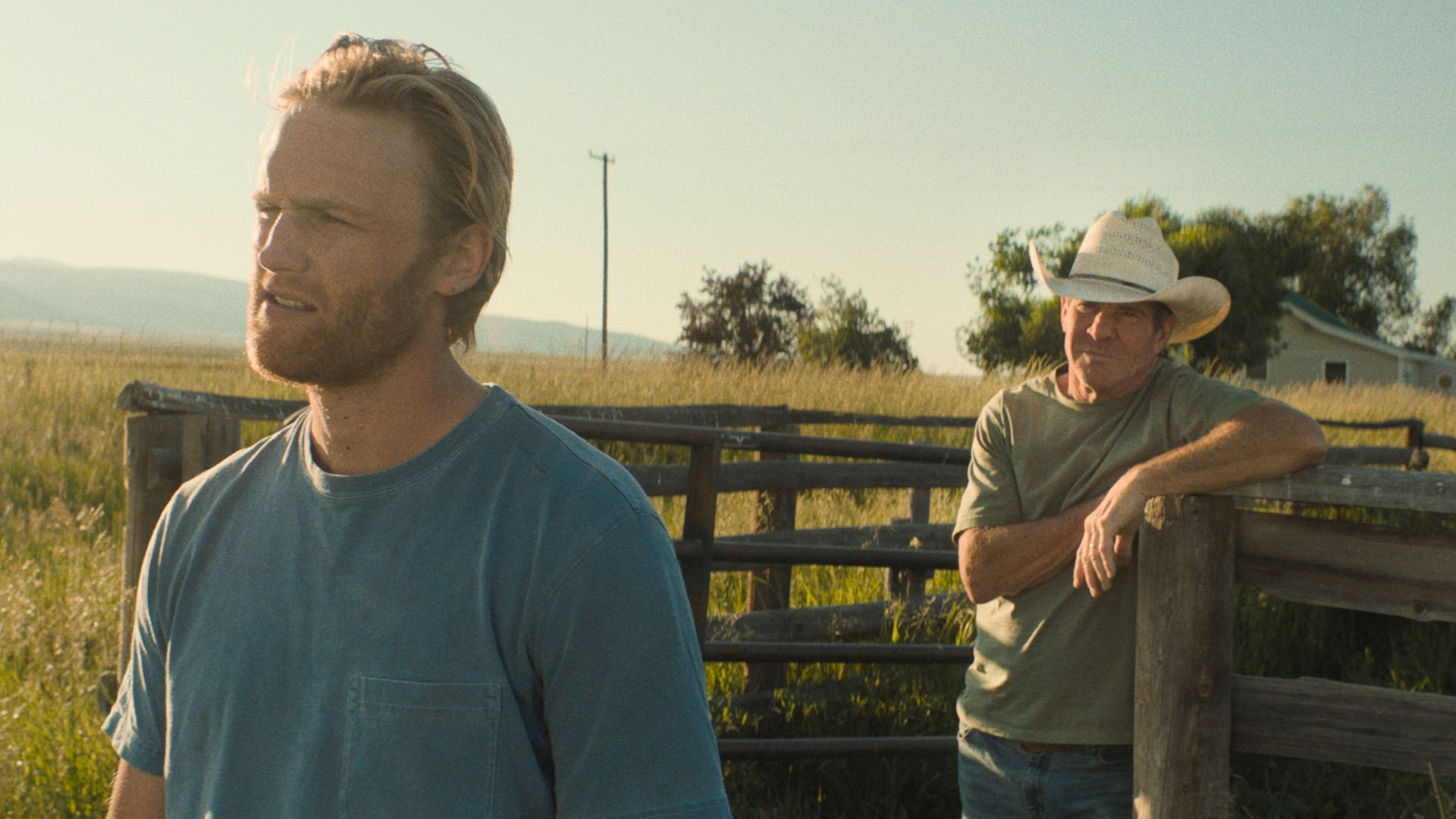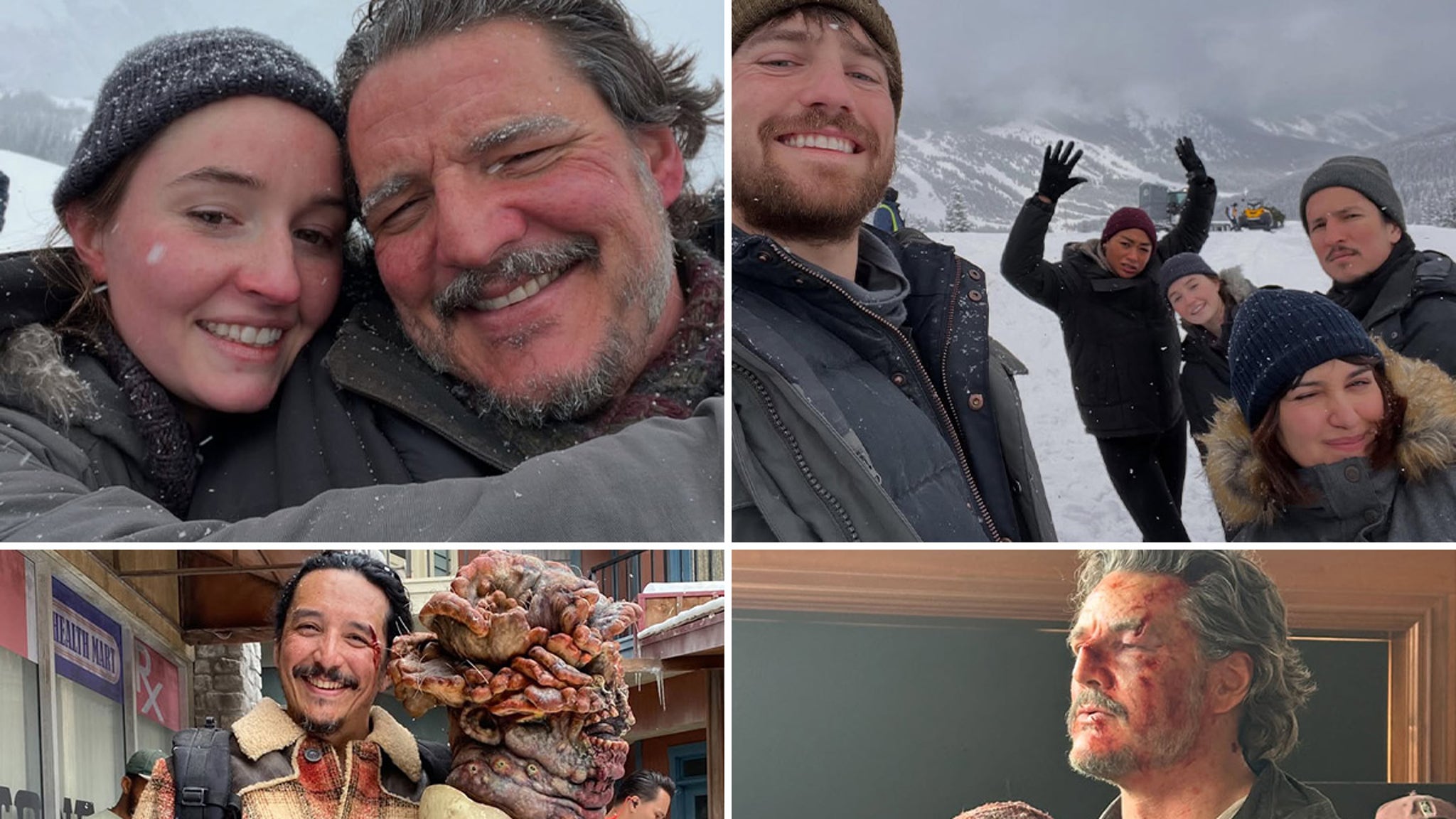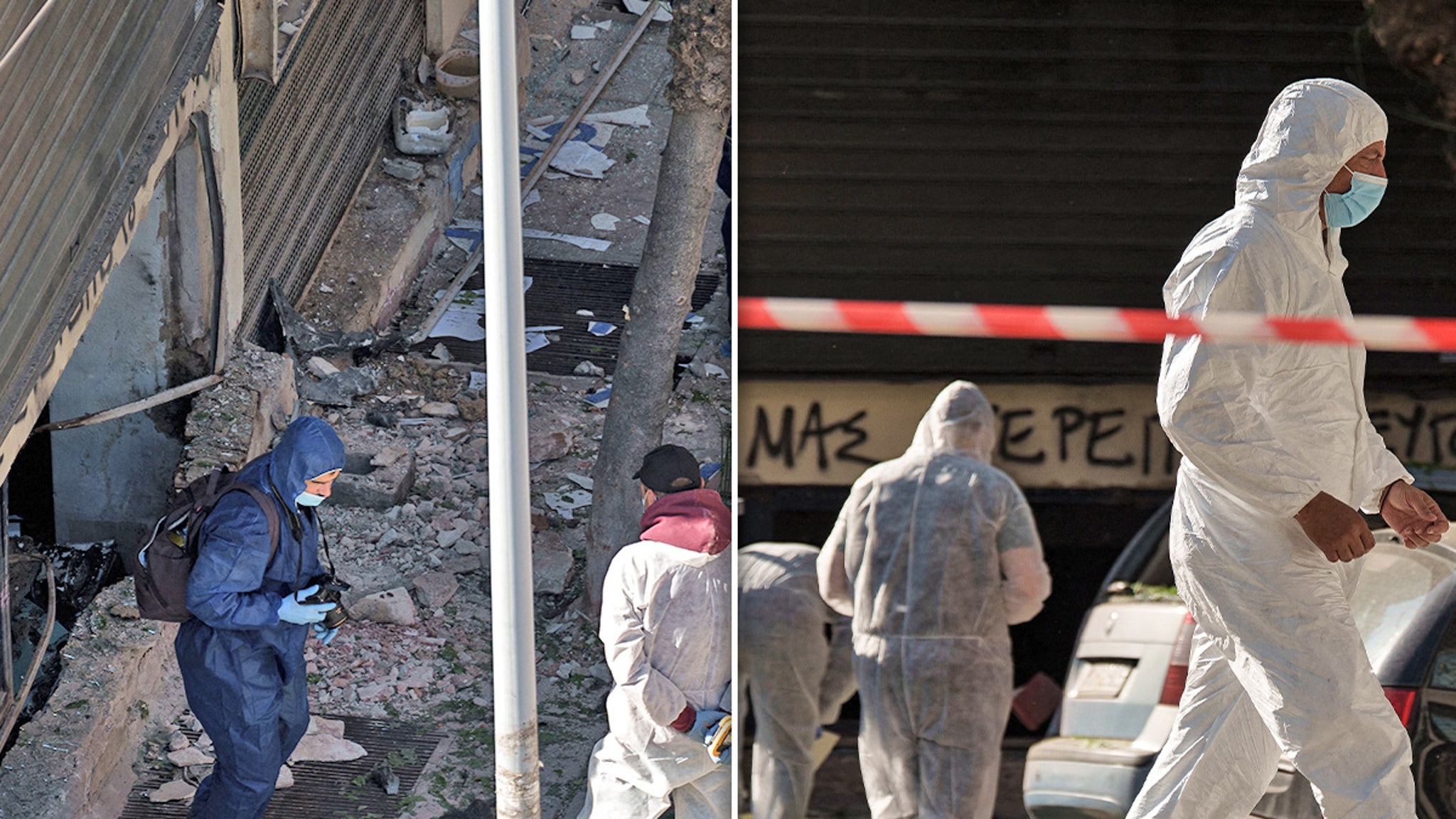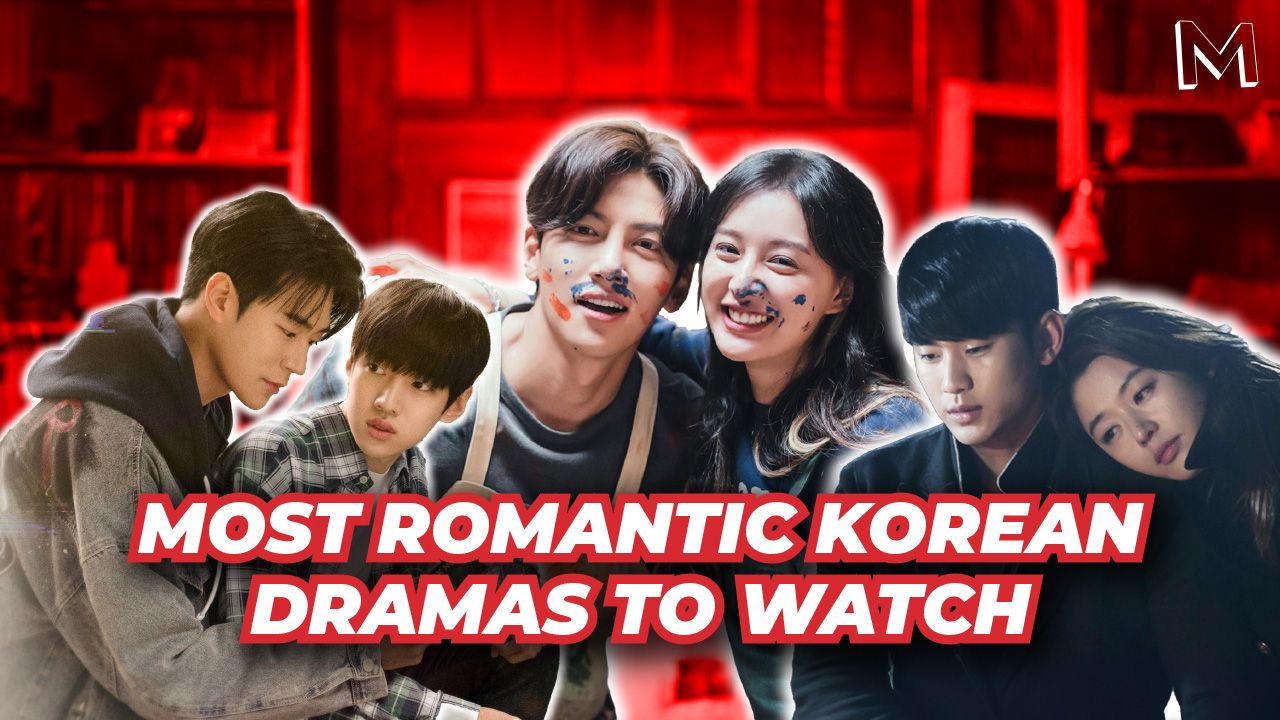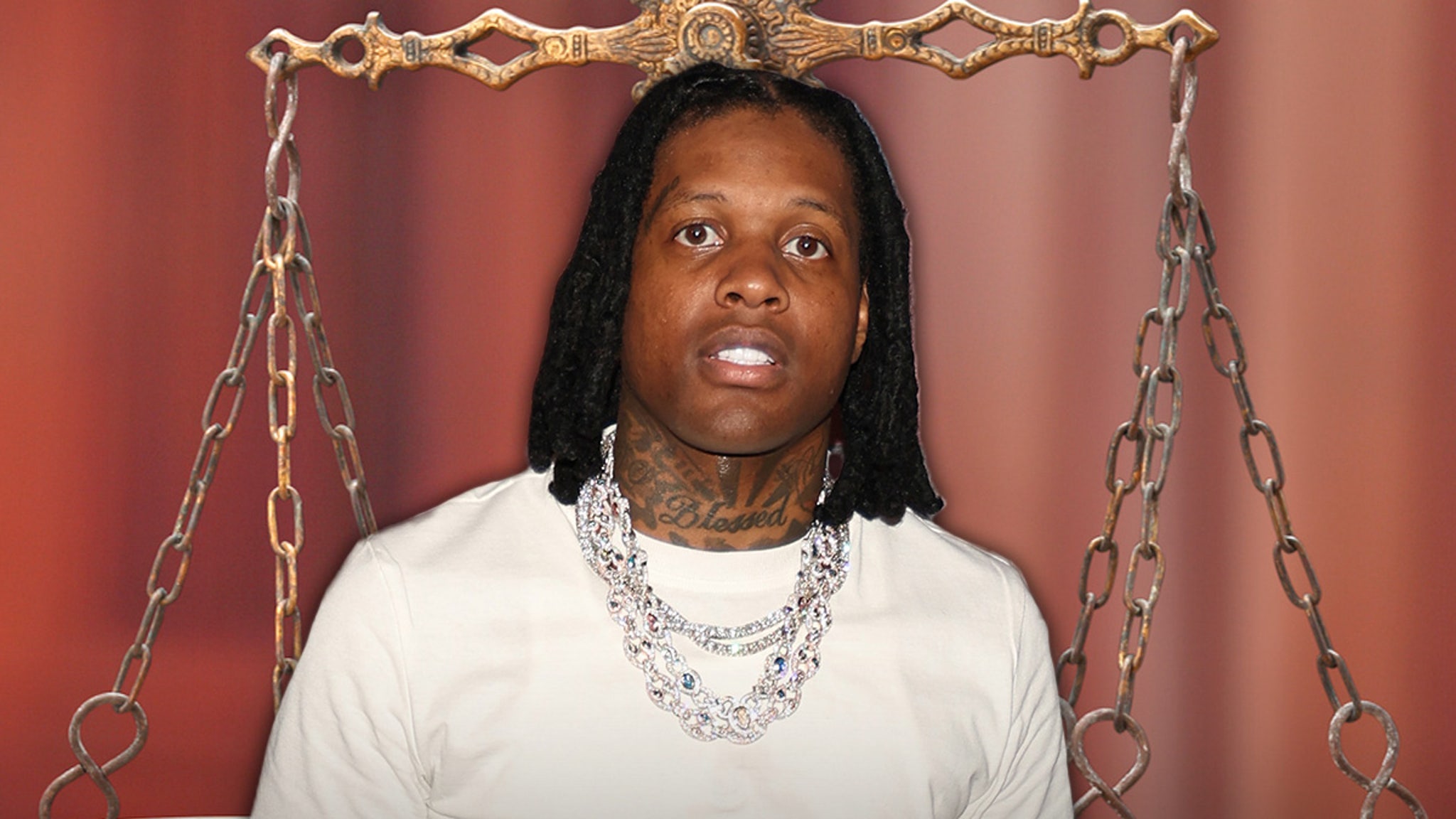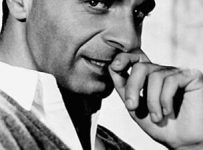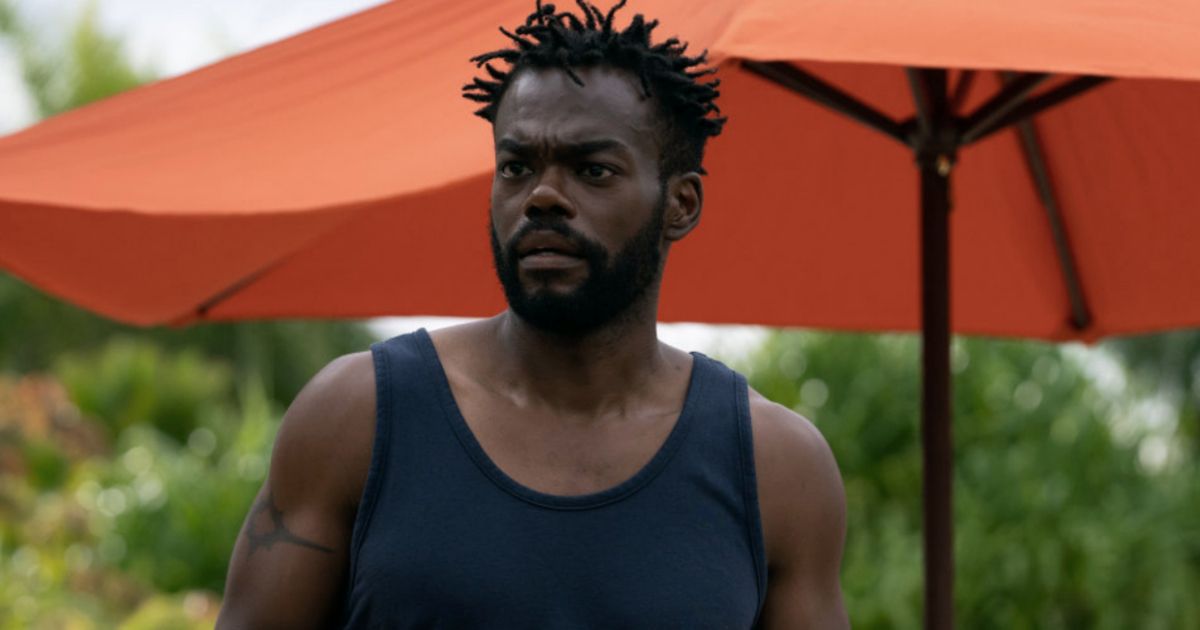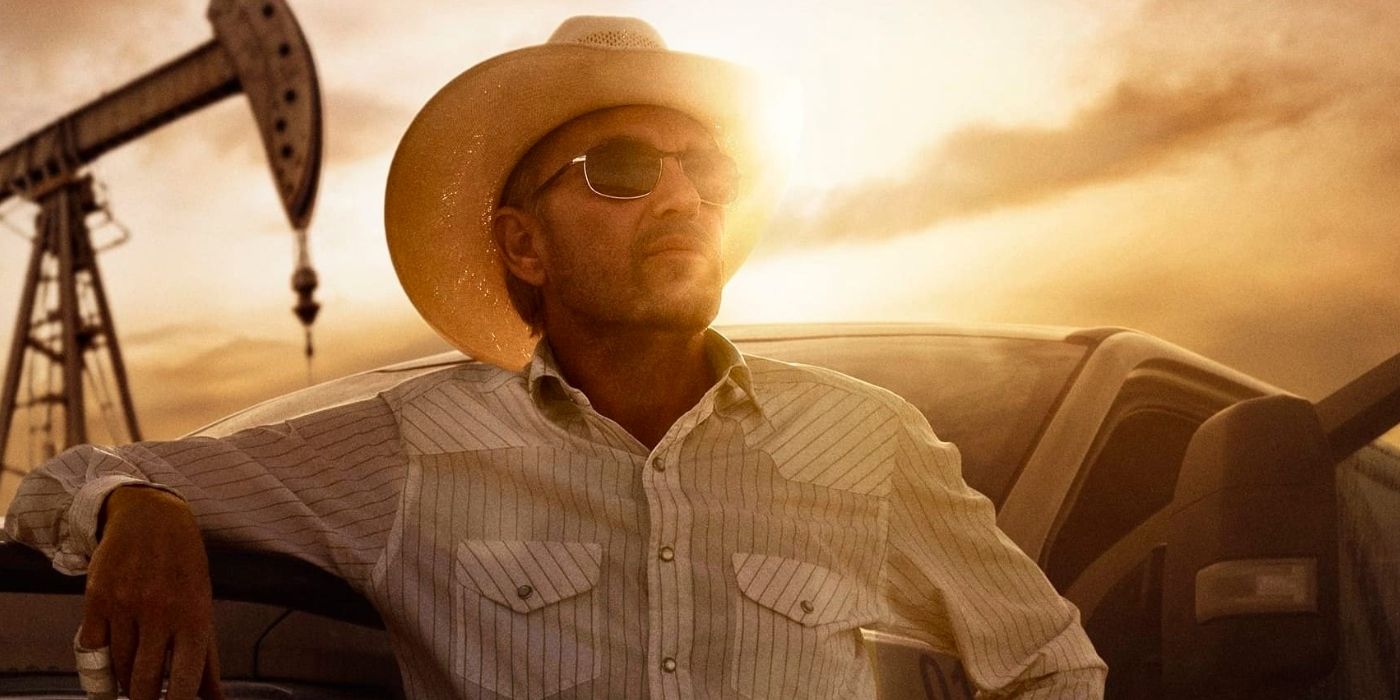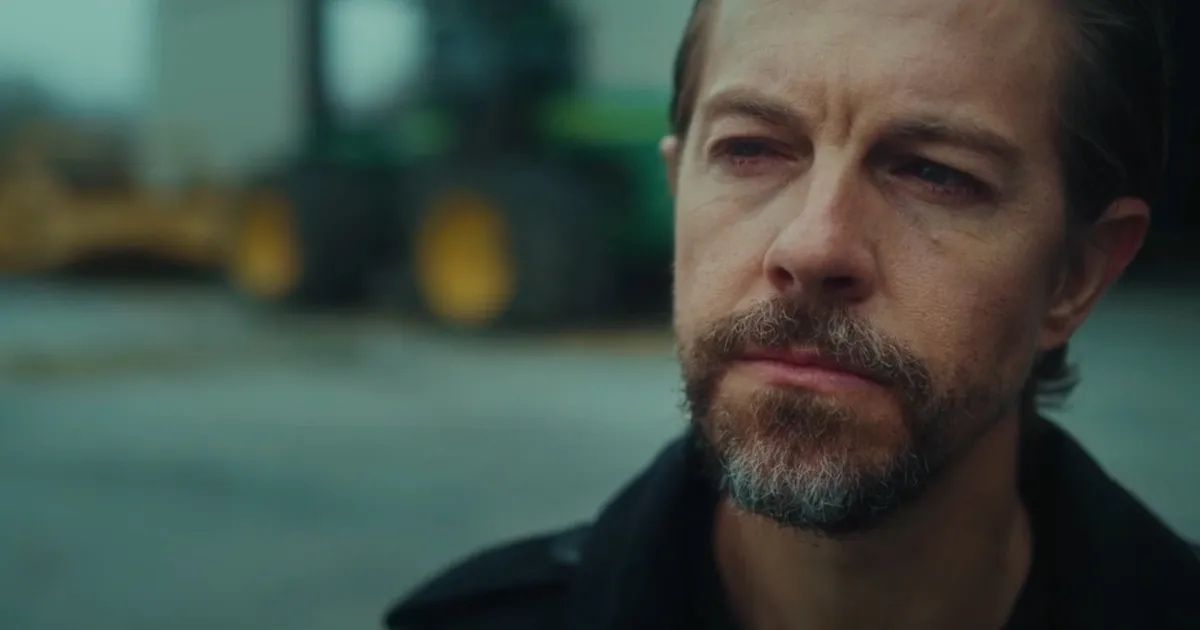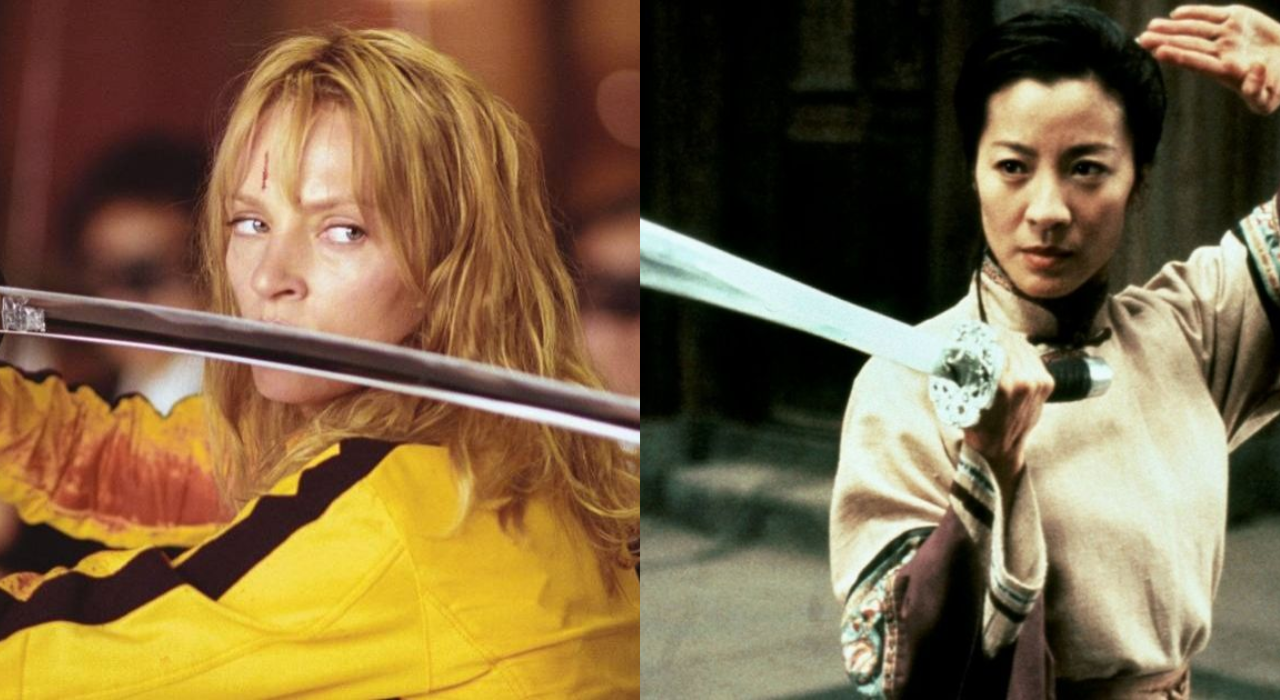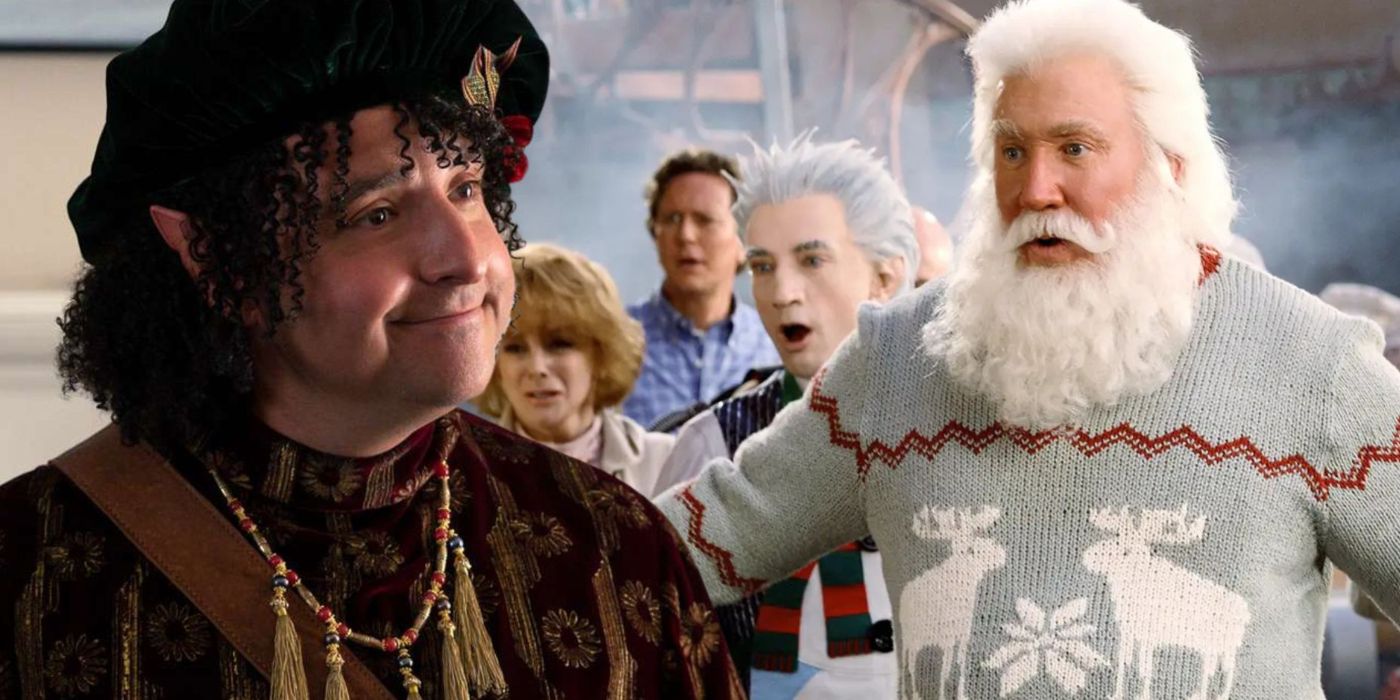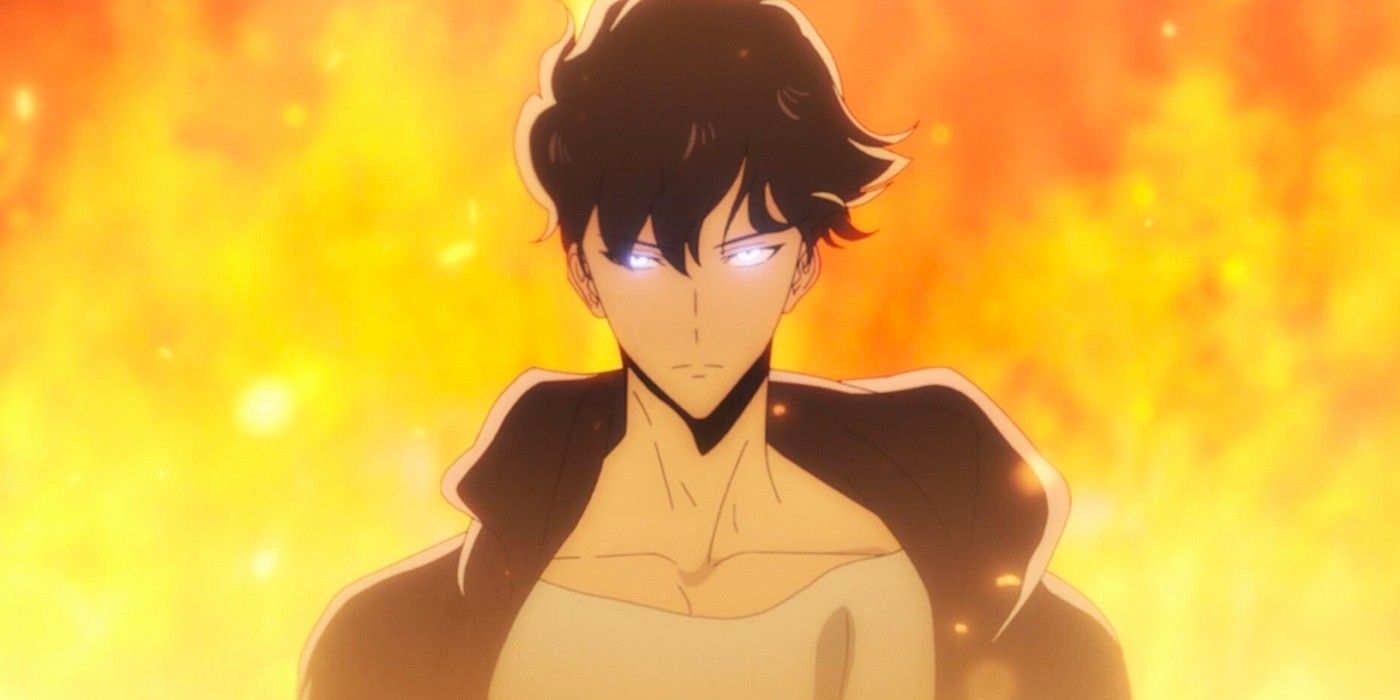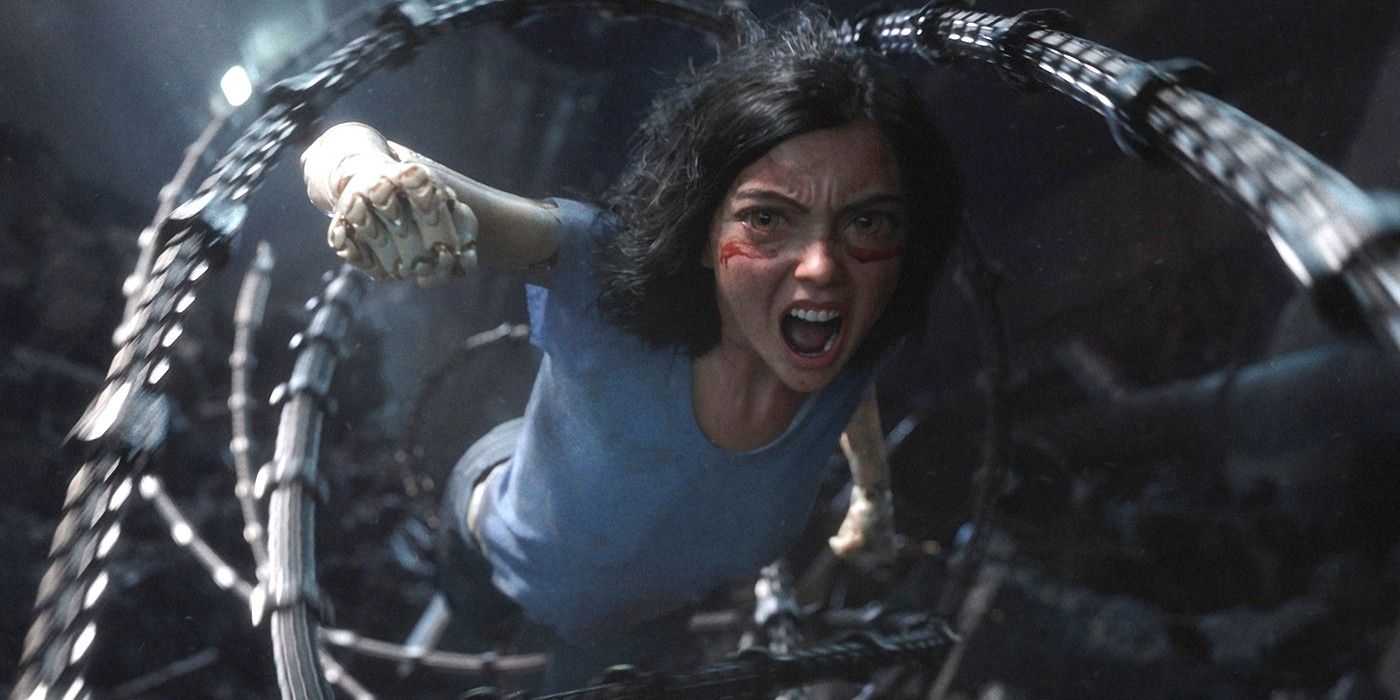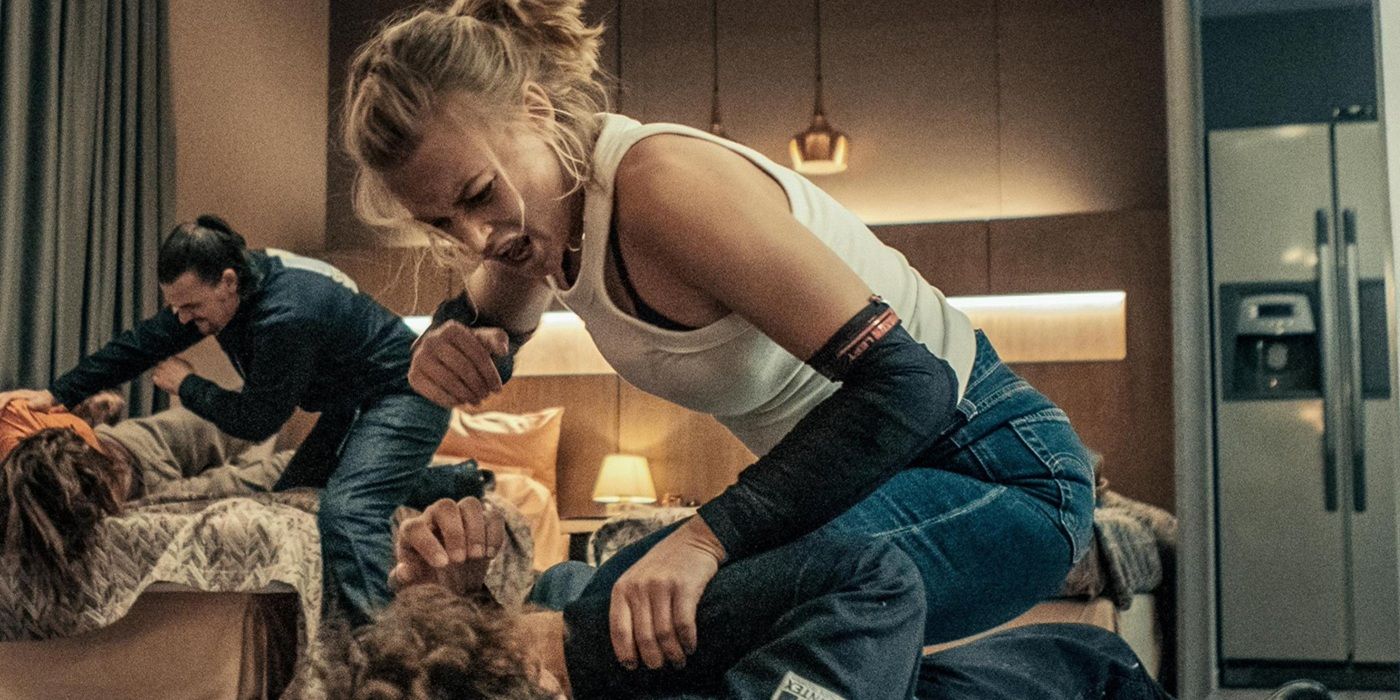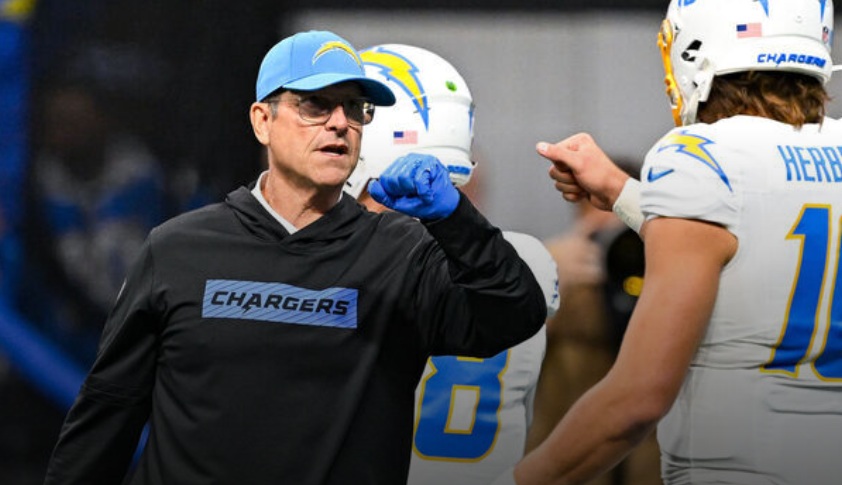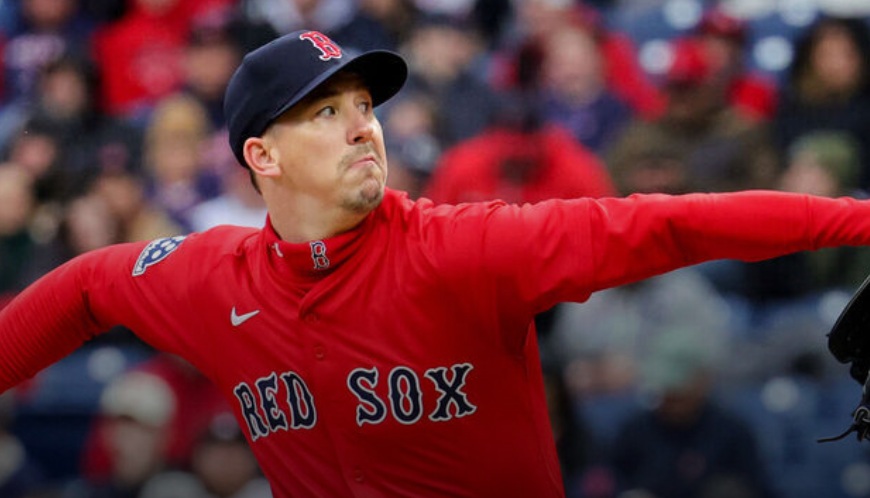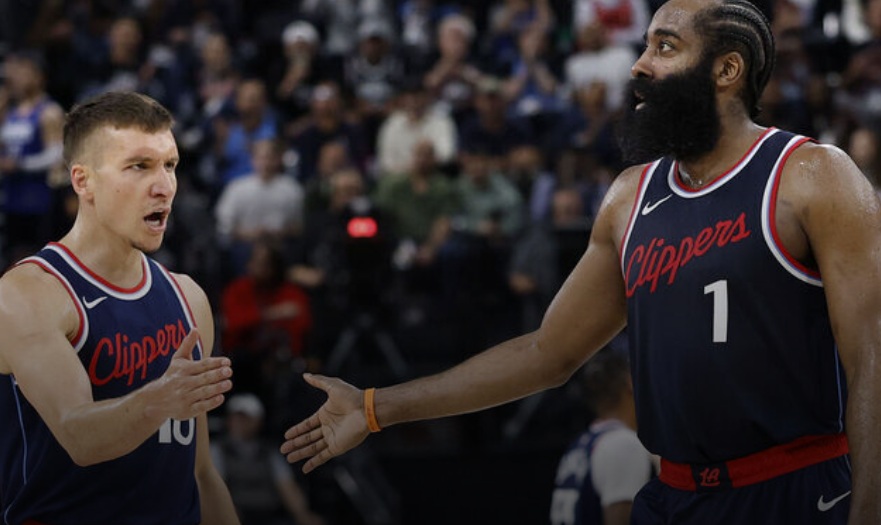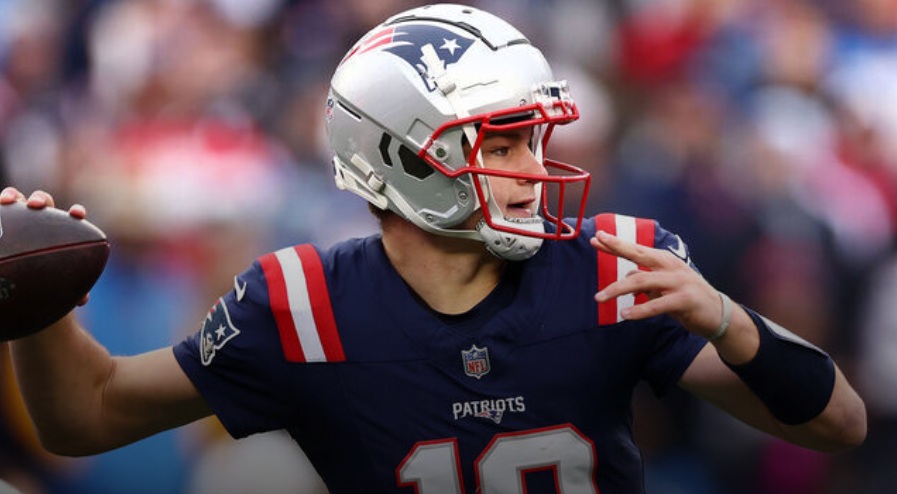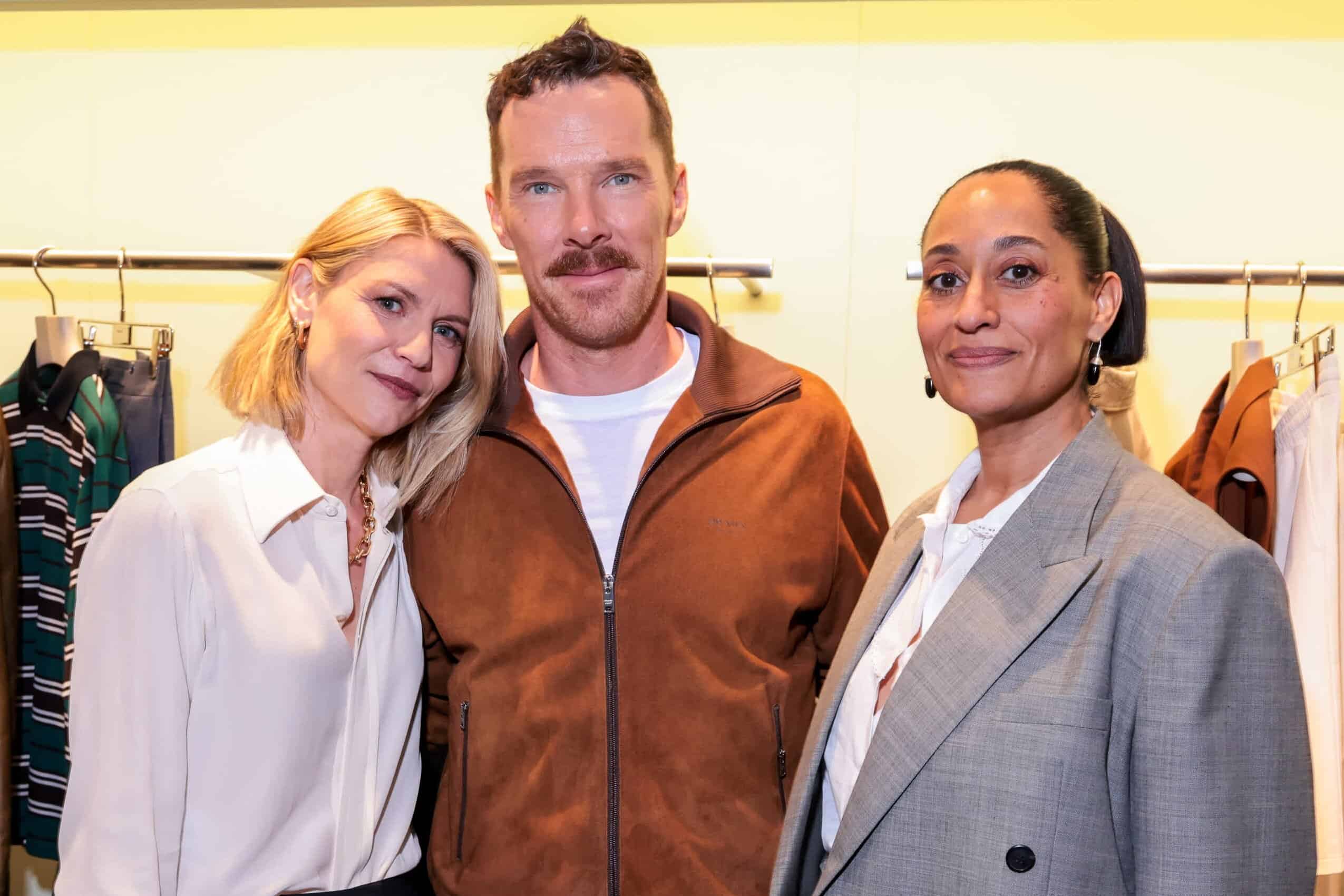Raine Allen-Miller on “Rye Lane”
Working with a DP that knows how to light Black skin is so important, obviously. I think, especially when “Moonlight” came out and “Insecure,” there was so much talk about how well the Black skin people had been lit. And I think it’s ridiculous that it didn’t happen sooner, right? But Olan Collardy is brilliant, and color is such an important part of what I do. I think regardless of someone’s skin tone, I love to inject color into everything that I do. And Olan also really enjoys that. We just had fun, and we wanted to light people properly. That’s the thing, right? It wasn’t like, “We have to light Black skin.” It was like, “Let’s light these people properly.”
Chad Stahelski by “John Wick: Chapter 4”
It’s funny, you jump out of a plane, and not a lot of people can relate to that, but everybody can relate to slipping on ice. Everybody can relate to getting hit by a door or punched in the face or kicked in the groin. I guess that was what was so effective when I watched Buster Keaton or Harold Lloyd, or Jackie Chan, for modern-day cinema. Sometimes, the more relatable pain or humorous pain, if the audience can experience it with the character on-screen, it becomes more effective. No one has jumped 300 feet in a car. Although it’s visually impressive, it’s hard to know what it’s like and to feel that. So we try to keep the gags and the stunts where you go, “Ooh!” and crying out. That’s kind of my fetish, I like everybody to feel the same thing the characters feel.
I often say that I feel like I can learn a lot—we can learn a lot—from listening to 13-year-olds, because what I feel is that they are still strongly connected to the heart, and we tend to lose that as we grow older. We start to say things because society expects and accepts us to say them. I find that there is a sort of pure radicalism to what kids can say that goes to the absolute essence of things. I had Eden and Gustav read the script before the last round of casting because I wanted it to not only be us choosing them, but also them choosing us, and this conversation that we had around it was extraordinary. I do feel that how they reflected on the script really reshaped what the film became—not the dramaturgy, the framework or the other big things, but the nuances. One thing that I said to them very early on is, “I don’t care about what the sexuality of these characters are or what your sexuality is either because we don’t need it to tell this story.” So that topic was not present in our conversations.
You can view the original article HERE.


